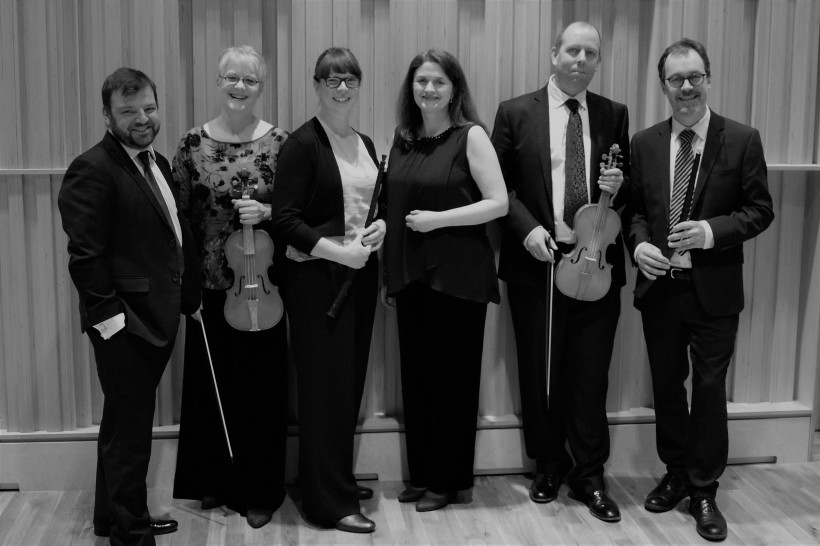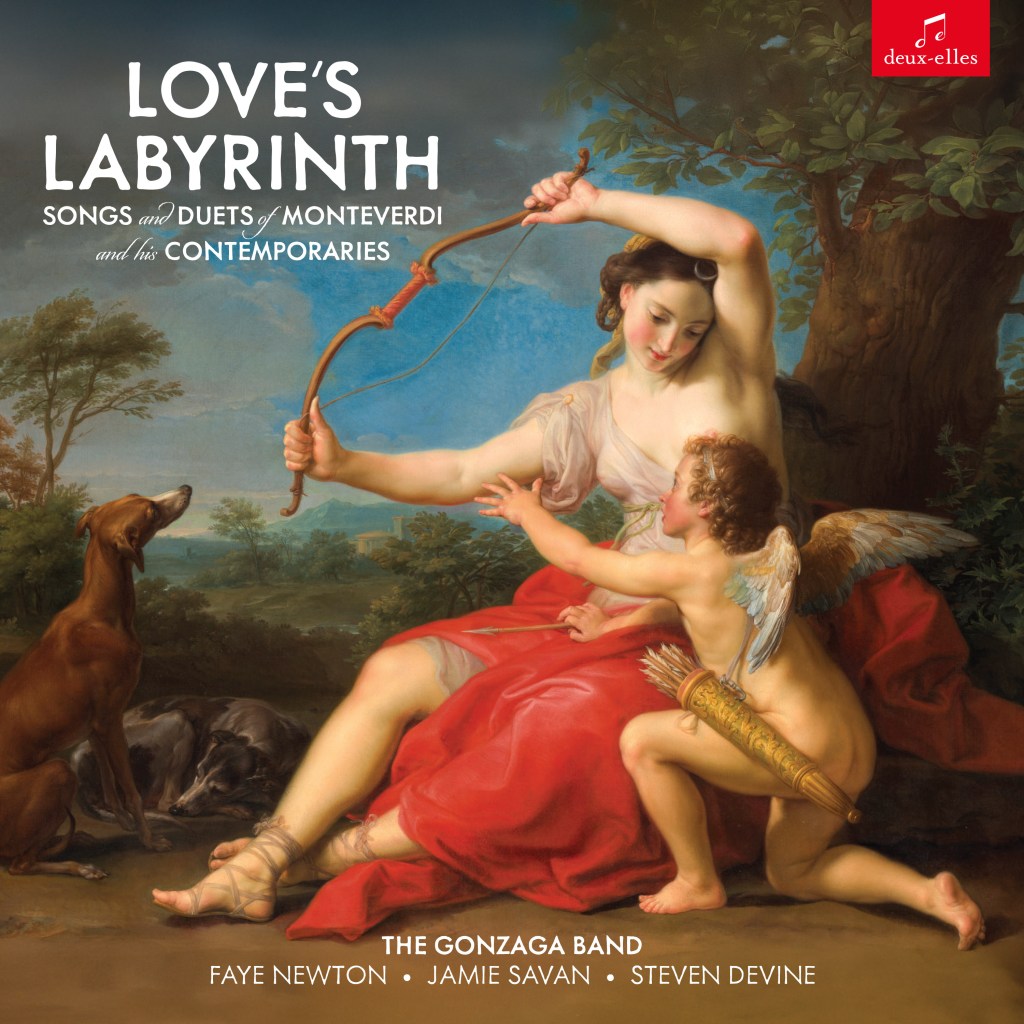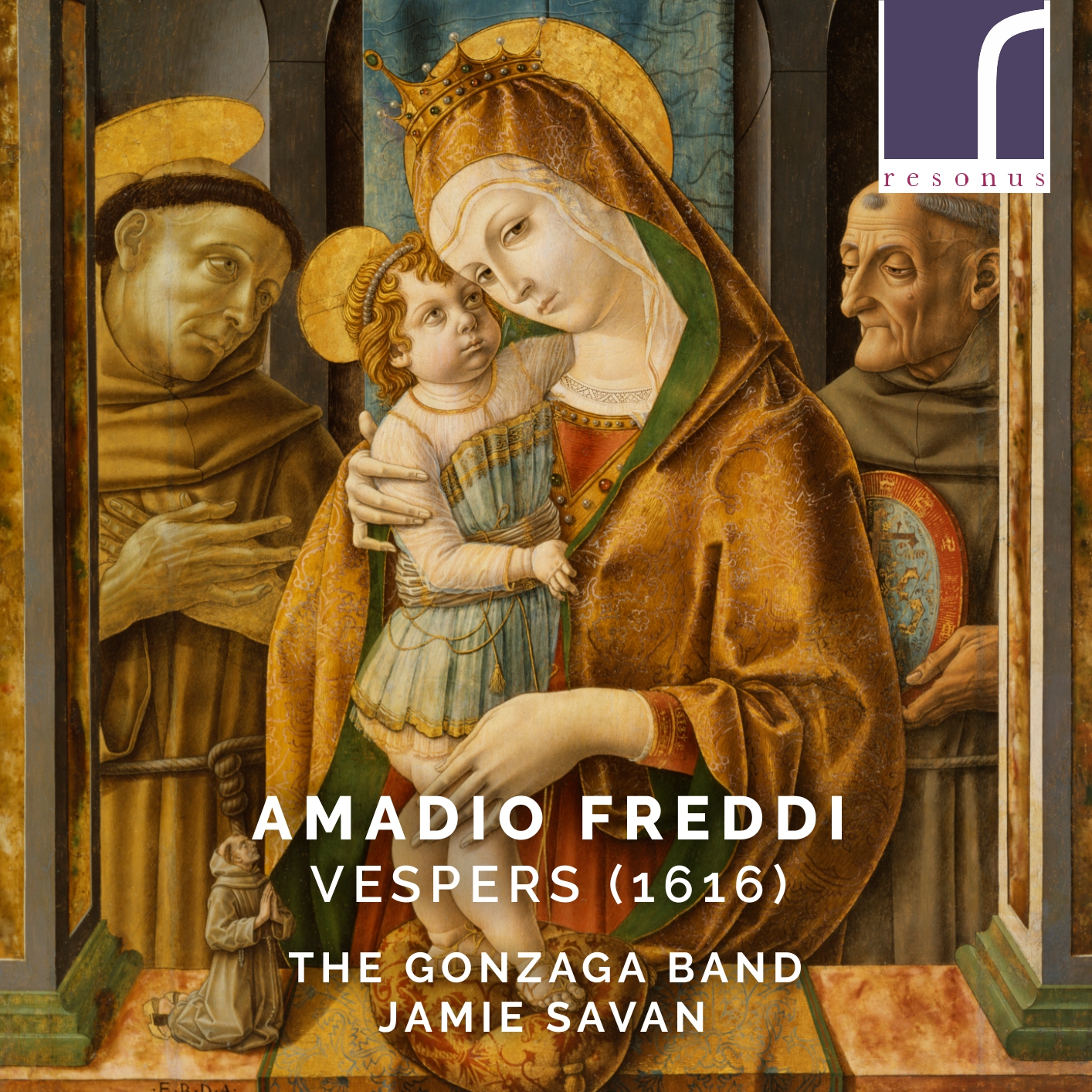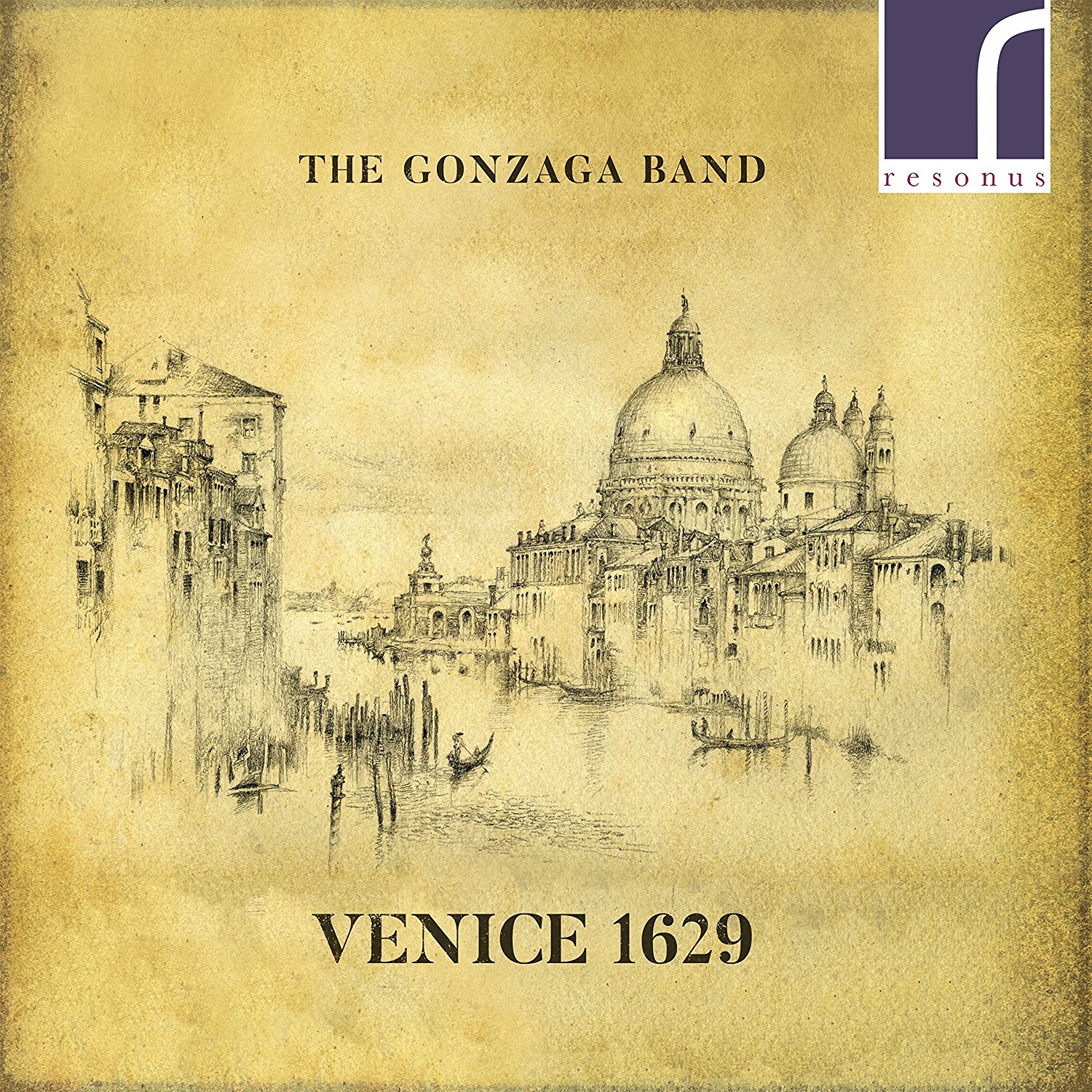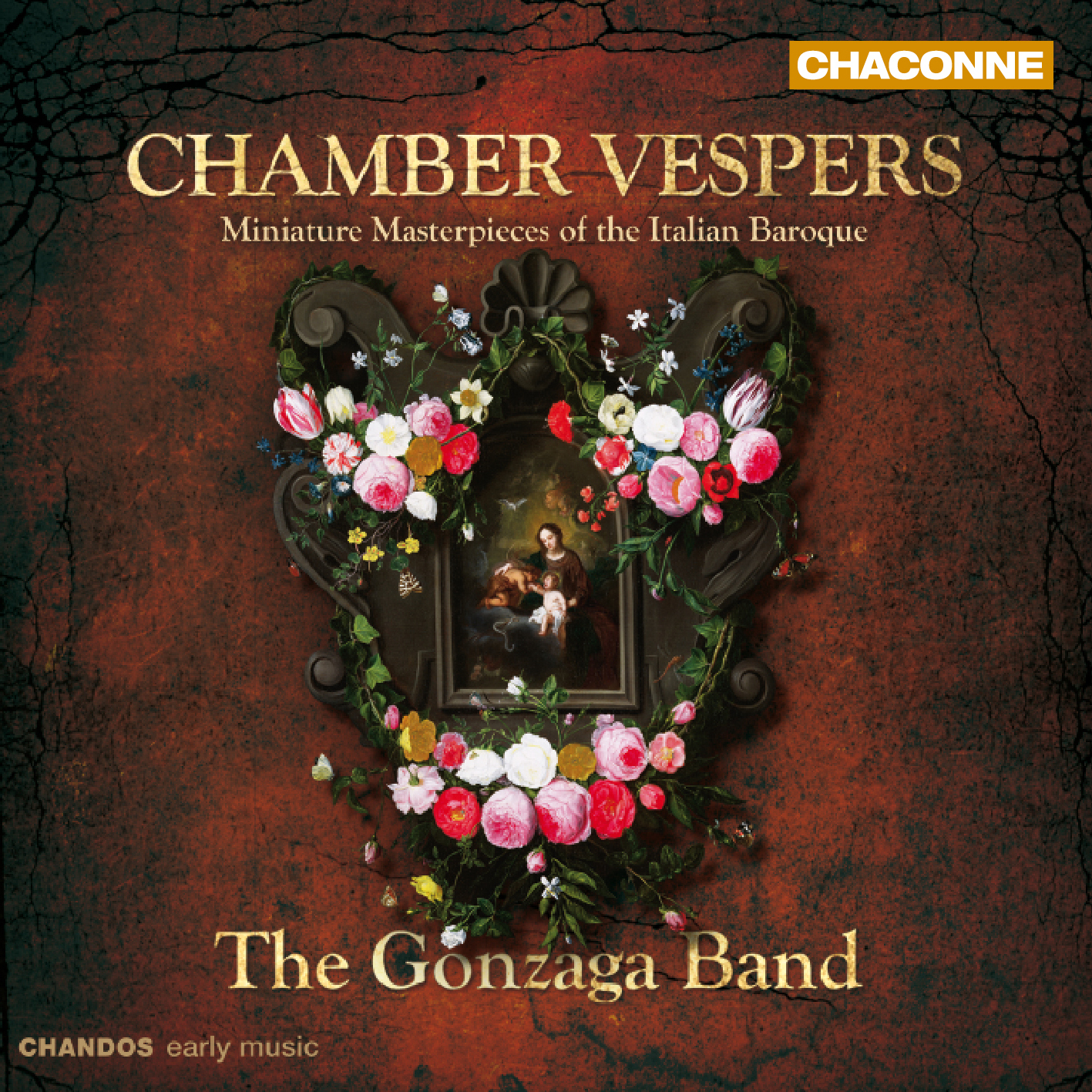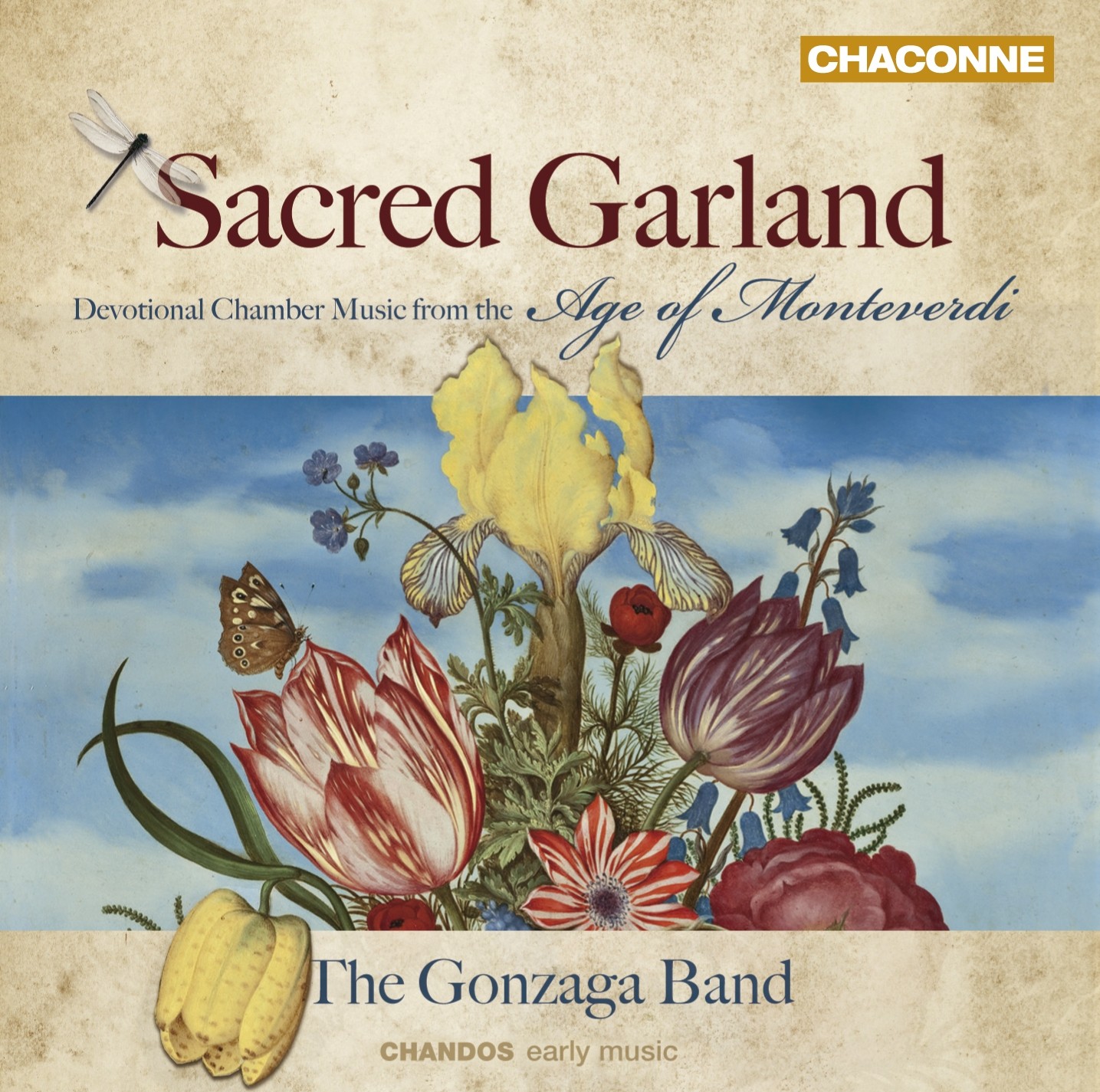Alla Milanese
Alla Milanese (‘in the Milanese style’) explores the connections between musicians at the heart of Milan’s scene for experimental music, c.1592-1626. Alongside compositions from the city’s most illustrious musical families – Rognoni and Cima – we have sought to rediscover the music of their lesser-known contemporaries, including Biumi, Casato, and the nun-composer Caterina Assandra, to illuminate a rich and complex network of stylistic innovation at the dawn of the Baroque era.
Requirements (6 musicians): solo soprano (Faye Newton), cornett (Jamie Savan), violin (Oliver Webber), bass violin (Mark Caudle), bass sackbut (Guy Morley), organ/harpsichord (Steven Devine).
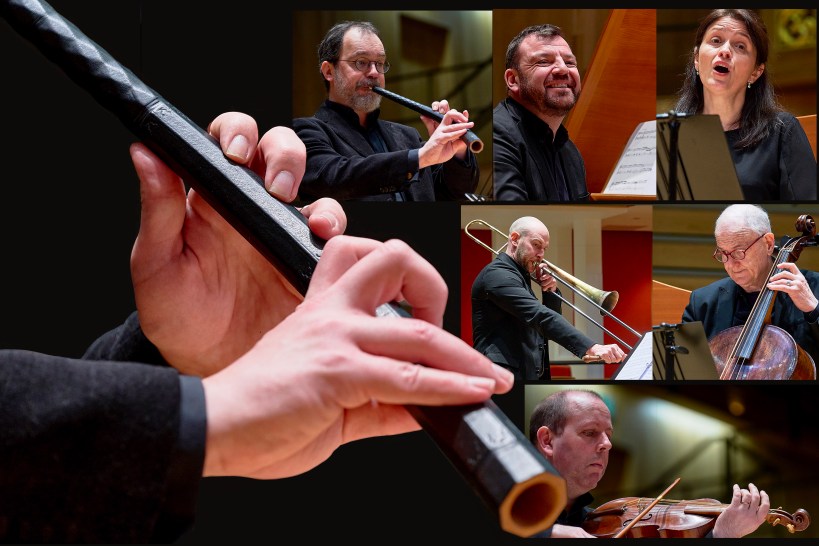
Amadio Freddi: Vespers (1616)
Continuing our exploration of lesser-known composers in the Venetian orbit, we are delighted to present the Vespers music of Amadio Freddi, maestro di cappella of Treviso Cathedral during Monteverdi’s tenure at St Mark’s, Venice. This music was published in 1616 by the Venetian press of Ricciardo Amadino – the same publisher as for Monteverdi’s 1610 Vespers. But this is no mere imitation Monteverdi: Freddi is a fascinating composer with a unique voice, and his music is in many ways ahead of its time. It is perhaps the first to integrate trio sonata textures with the concertato motet, setting a trend that was to define the Venetian style a decade later. Freddi’s Vespers is smaller in scale than Monteverdi’s famous 1610 setting, but is no less virtuosic in its demands for vocal consort and sparkling obbligato writing for cornett and violin.
Requirements: 6 solo voices, violin, cornett, organ
Also possible as a collaborative performance with professional and amateur choirs. We can supply the performing scores, instrumentalists and vocal soloists: please contact us to discuss the options.
Our world premiere recording of Freddi’s Vespers was released in September 2019 on the Resonus Classics label.
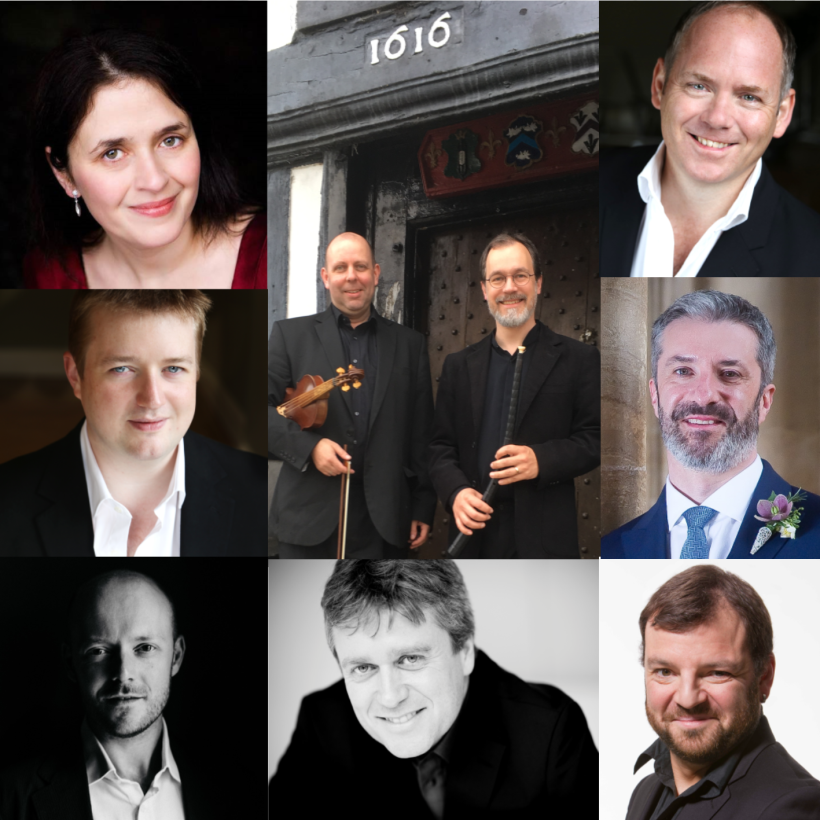
The Freddi Vespers team (top to bottom, L to R): Faye Newton, Mark Chambers, William Gaunt, Oliver Webber, Jamie Savan, Tim Travers-Brown, Thomas Herford, Steven Harrold, Steven Devine.

Venice 1629
Venetian music for solo voice, cornetts and violins by Claudio Monteverdi, Alessandro Grandi, Dario Castello, Biagio Marini, Orazio Tarditi, Benedetto Re.
1629 was a remarkable year for the publication of new music in Venice. Foremost among the musical offerings that year was the first book of Symphoniae Sacrae by Heinrich Schütz, who had come to Venice to learn of the latest developments in modern music from Claudio Monteverdi, then maestro di cappella at St Mark’s. But it was perhaps the music of Alessandro Grandi, Monteverdi’s erstwhile deputy, that was to have the most profound influence on Schütz. Grandi was a specialist in the small-scale, writing monody in the most modern rhetorical style together with ritornelli for two violins, thus introducing aspects of the trio sonata into the genre. Grandi left Venice for Bergamo in 1627, but kept his ties with Venice and published his third and final book of concertato motets there in 1629. His contribution to the development of sacred music was to have a lasting influence in Venice and far beyond for generations to come.
Coincidentally, 1629 also saw the publication of two landmark collections in the development of virtuosic instrumental music in the emerging baroque style. Dario Castello, a leading wind player at St Mark’s, published his second volume of Sonate concertate in stil moderno, while Biagio Marini, a virtuoso violinist who had also been in the employ of St Mark’s in the early years of Monteverdi’s tenure, published his seminal Op.8, in which we see the beginnings of a clear distinction in idiomatic writing for cornetto and violin (instruments which in many previous publications had been considered interchangeable).
Finally, Claudio Monteverdi himself is represented in Lorenzo Calvi’s 1629 anthology, Quarta raccolta de’ sacri canti, the unique source for Exulta filia Sion, a solo-voice motet which draws together some of the most progressive compositional devices of the day: dramatic recitative, dance-influenced triple-time arioso, and ground bass patterns. Our programme offers a choice selection from each of these publications, as a series of snapshots from an extraordinary year in the life of this most musical of cities. This programme is a celebration of the high-water mark of Venetian chamber music, prior to the plague of 1630-1 that was to wipe out the famed cornett virtuosi of the city for a generation.
Requirements:
Solo soprano (Faye Newton)
2 cornetts (Jamie Savan, director; Helen Roberts)
2 violins (Oliver Webber; Theresa Caudle)
Organ / harpsichord (Steven Devine)
